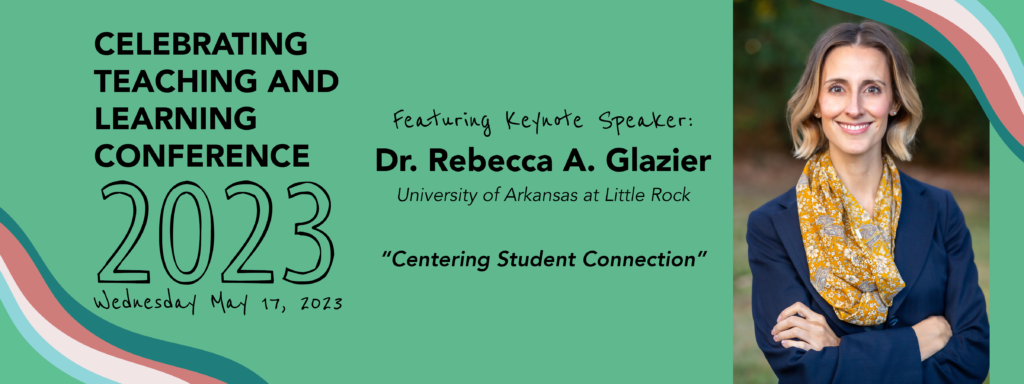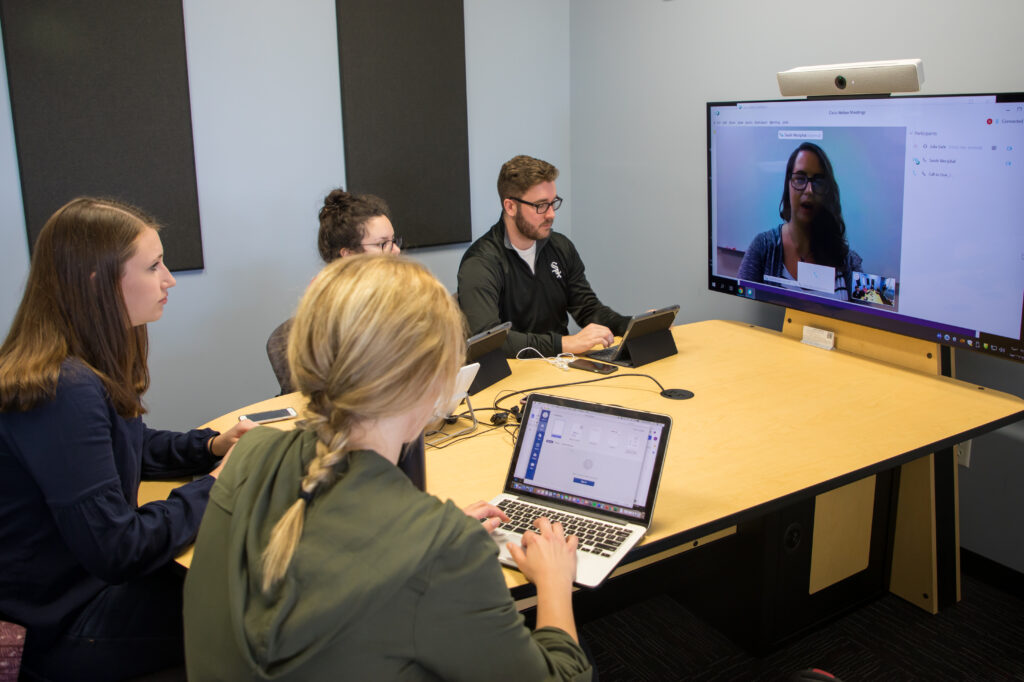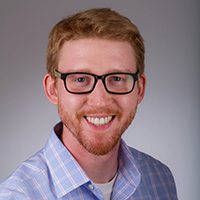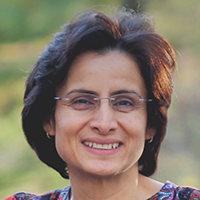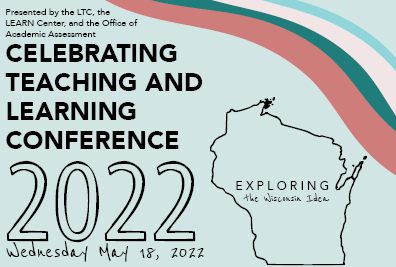At this year’s Celebrating Teaching and Learning Conference, we invite participants to “Explore the Wisconsin Idea” by reflecting on ways their teaching engages with the “Wisconsin Idea” alongside new visions and aspirations for teaching and learning on our campuses, both brick-and-mortar and online. The Conference will be held Wednesday, May 18, 2022 in the University Center on the UW-Whitewater Main Campus. It is sponsored by the LEARN Center, Learning Technology Center, and Office of Academic Assessment.
We invite submissions from University of Wisconsin-Whitewater staff and faculty to share their innovations, scholarly teaching results, or information on how they’ve connected to the Wisconsin Idea. Possible themes include, but are not limited, to the following:
- Academic technology, connections and challenges
- Assessment and program evaluation
- Innovative student services and experiences
- Online program development
- Project-based and community-based learning opportunities
- Strategic enrollment and program development
- Something Else!
Concurrent presentation sessions will last 45 minutes. You are welcome to structure time to fit your presentation. Remember Q&A! A typical session consists of approximately 35 minutes for presentation and 10 minutes for questions and answers.
Applications close March 27, 2022 April 11, 2022 and notifications of acceptance will be received no later than April 11, 2022 April 15, 2022.
For additional information, please contact The Learning Technology Center.
What is “The Wisconsin Idea?”
In 1905, Charles Van Hise, then president of the University of Wisconsin, declared that he would “never be content until the beneficent influence of the University reaches every corner of the state.” Thus was born the “Wisconsin Idea,” a guiding principle of the University of Wisconsin System that continues to this day and is expressed in the mission of the University of Wisconsin System – to develop human resources, to discover and disseminate knowledge, to extend knowledge and its application beyond the boundaries of its campuses, and to serve and stimulate society by developing in students heightened intellectual, cultural, and humane sensitivities, scientific, professional and technological expertise, and a sense of purpose. Inherent in this broad mission are methods of instruction, research, extended training, and public service designed to educate people and improve the human condition. Basic to every purpose of the UW System is the search for truth.
